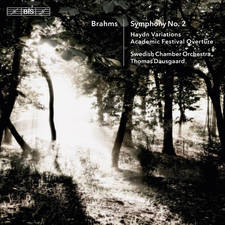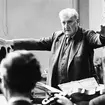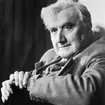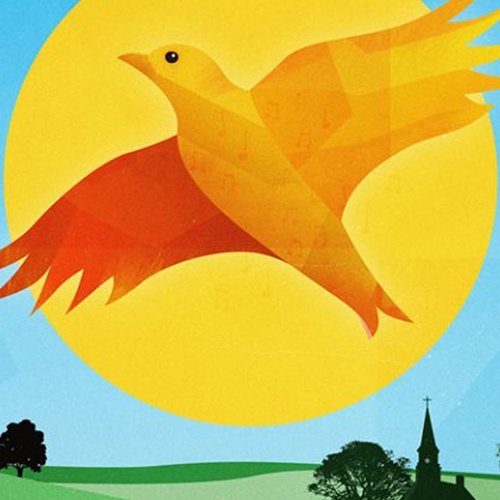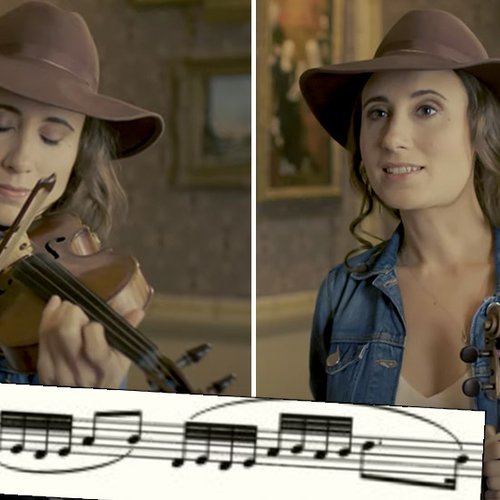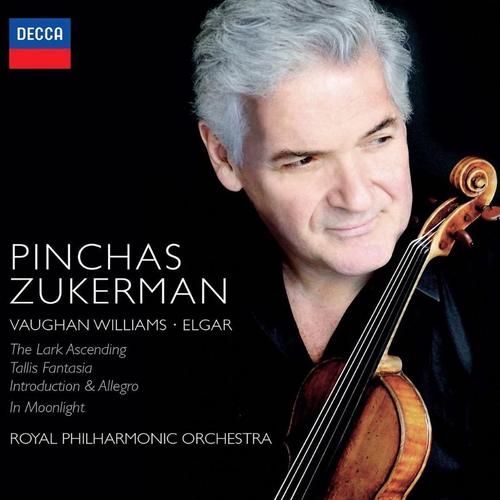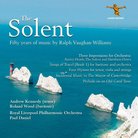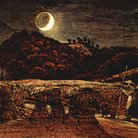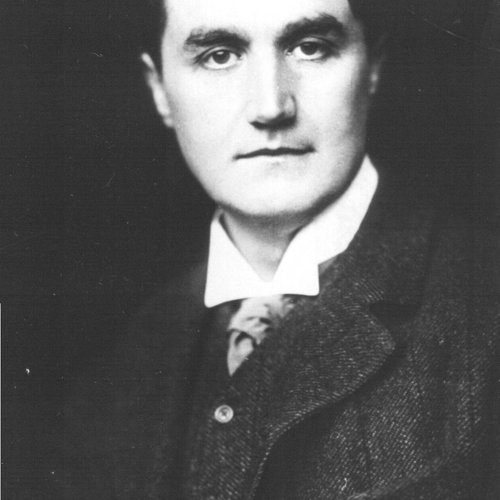The lark ascends higher than ever before
Julia Fischer and Yakov Kreizberg reunite for an imaginative recordings of Respighi and Vaughan Williams classics
Title: Poème
Composer: Respighi, Suk, Chausson, Vaughan Williams
Repertoire: Autumnal Poem (Respighi), Fantasy (Suk), Poème (Chausson), The Lark Ascending (Vaughan Williams)
Artists: Julia Fischer (vln), Monte Carlo PO/Yakov Kreizberg
Rating: 5/5
Genre: Orchestral
Label: DECCA 478 2684
The Music: The less well-known Respighi’s Autumnal Poem is an absolute knockout; the opening five minutes are as compellingly beautiful as anything in Vaughan Williams’s far more famous and performed The Lark Ascending. Which isn’t to say that the performance of the Lark that closes this disc isn’t entirely captivating, in fact it’s probably the finest on record.
The Performance: The ravishing Autumnal Poem opens with a delicate solo violin melody that is then taken up by the orchestra as the violin swoops and spirals overhead. You can hear elements of Vaughan Williams’s folksong-tinged style mingling with some classic Italian operatic drama in the emotional ebb and flow. In many ways it sounds like an early film soundtrack and I’m sure that Respighi’s music has inspired many a musical idea from the likes of John Williams. Throughout this piece Respighi is following a concealed narrative that we the listener do not need to know to be entertained. From beginning to end, Fischer’s keenly expressive playing is deeply moving.
Josef Suk’s Fantasy couldn’t be more different. Here we are very much in the more strictly regimented orchestral world of Dvořák with prominent horns, thumping timpani and loud orchestral tuttis. This is a substantial work, a violin concerto in all but name in a late- Romantic/Nationalist style. Suk was, of course, one of Dvořák’s brightest composition pupils and took far more from the senior composer than just a solid grasp of orchestration; he also married Dvořák’s eldest daughter, Otilie, in 1898.
The following year, on his estate at Limay near Paris, Ernest Chausson cycled into a brick wall and died instantly. Until that fateful day he had led a relatively untroubled life. He was born into an affluent family and trained as a barrister before deciding to turn his hand more concertedly to music. He studied composition with Franck but it is the influence of Wagner that is most striking in the opening moments of his Poème (you can clearly hear echoes of the opening of the Prelude to Tristan and Isolde). It’s a profoundly melancholic piece, a series of orchestral climaxes linked by keening violin solos of increasing intensity. And, as performed here, it is totally engrossing, if not always musically coherent.
Then a little problem arises. You see the difficulty I have with Vaughan Williams’s The Lark Ascending is that I love it too much. I’m a Lark-aholic. And because I love it too much I have to ration how much I listen to it in order to avoid it becoming over-familiar. So it was with a little trepidation that I approached this new recording. But I needn’t have worried. Julia Fischer’s detailing of the avian solo line is so filled with little wonders and fresh insights that it is almost like discovering this music for the first time. Of the dozens of other recordings of the Lark I have favoured Nigel Kennedy’s with Simon Rattle and the CBSO (EMI, 556 4132), Tasmin Little’s with Andrew Davis and the BBC SO (Warner Apex, 0927 49584-2) and Hugh Bean with Adrian Boult and the New Philharmonia Orchestra (EMI, 207 9922). And while I wouldn’t say that I’d never return to any of these fine accounts the first place I will turn now will be this new Fischer recording. Yakov Kreizberg and his Monte Carlo orchestra follow every fluctuation in Fischer’s free-flowing solo line so that the orchestra and the soloist really do appear as one.
The Verdict: Sadly, this disc marks the end of an era. Yakov Kreizberg died in March of this year after a long illness. He was 51 years old. Fischer and Kreizberg were regular collaborators and made a series of exemplary recordings on the Pentatone label before Fischer was signed to Decca. These Pentatone recordings are well worth investigating if this disc whets your appetite to hear more from this team. Julia Fischer’s first recording (of Russian Violin Concertos – Pentatone, PTC 5186 059) was released in 2005; Kreizberg conducted it and the performances became the new benchmarks for each of the works presented. Here, six years on, the story is exactly the same. This exceptional recording is a fitting tribute to a great musical partnership.
Why you’ll love this:
■ Fischer’s Finesse
Julia Fischer’s virtuosity is a given, but listen to the way she tenderly opens Respighi’s Autumnal Poem or closes Vaughan Williams’s The Lark Ascending and you will hear playing of unparallled delicacy and jaw-dropping bravery.
■ Musical telepathy
The way that Fischer and Kreizberg effortlessly trace each other’s movements through the subtle gradations in tempo and dynamics is uncanny, they appear as one.
